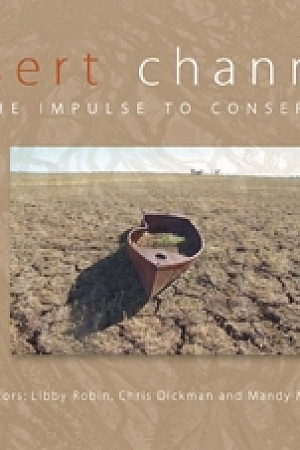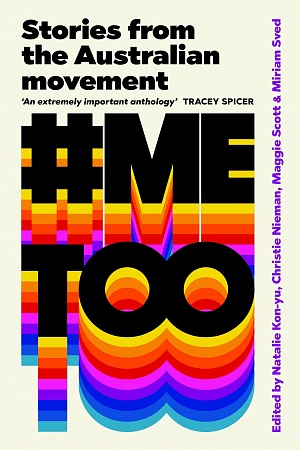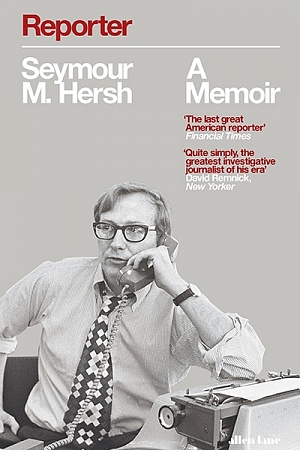Upheaval: How nations cope with crisis and change
Allen Lane, $35 pb, 512 pp, 9780241003435
Upheaval: How nations cope with crisis and change by Jared Diamond
Individuals have crises; dealing with them sometimes makes a person stronger. Perhaps nation-states are similar: crises make them stronger and better. But is humanity as a whole like this? This question is raised but not answered in Jared Diamond’s Upheaval.
Diamond sees four crises facing humans: the possibility of nuclear war killing millions and bringing ‘nuclear winter’; climate change; the depletion of essential natural resources; and global inequalities of living standards. He points to ways in which the latter three problems are related. As consumption by ‘have-nots’ approaches that of the ‘haves’ (a scenario that the ideology of global development promotes, especially in India and China), the depletion of the world’s resources accelerates. ‘Each year the average American consumes about 32 times more gasoline, and produces 32 times more plastic waste and carbon dioxide, than does the average citizen of a poor country.’ Were the world’s poor to live at US rates of resource use, waste, and CO2 production, Diamond calculates that world consumption would be eleven times greater than now – as if the world population were eighty billion, an insupportable number.
It is a crisis of humanity’s self-belief that the promise of ‘global development’, construed this way, is ‘a cruel hoax’. Diamond writes that humanity could act collectively to ensure that national average rates of consumption converge towards a sustainable global average; this would be higher than the current consumption of the have-nots and lower than what we in the First World (about a billion of the seven and a half billion humans now alive) currently enjoy.
Continue reading for only $10 per month. Subscribe and gain full access to Australian Book Review. Already a subscriber? Sign in. If you need assistance, feel free to contact us.















Leave a comment
If you are an ABR subscriber, you will need to sign in to post a comment.
If you have forgotten your sign in details, or if you receive an error message when trying to submit your comment, please email your comment (and the name of the article to which it relates) to ABR Comments. We will review your comment and, subject to approval, we will post it under your name.
Please note that all comments must be approved by ABR and comply with our Terms & Conditions.